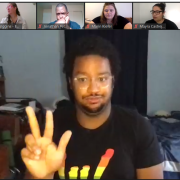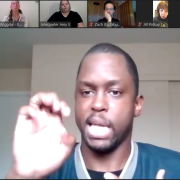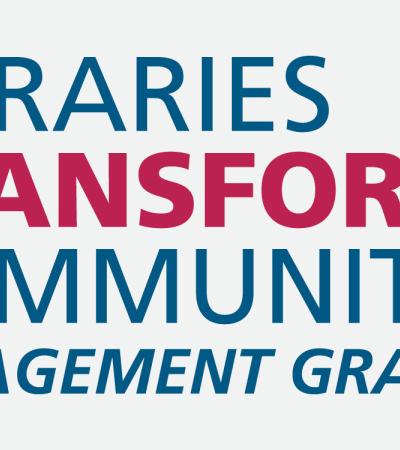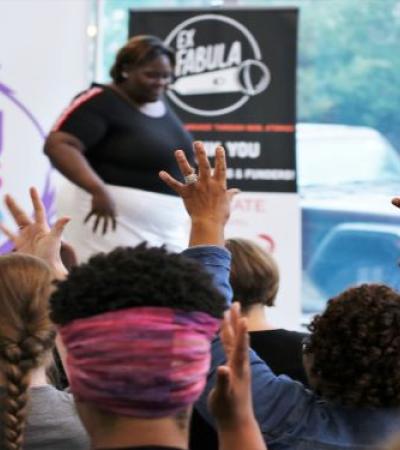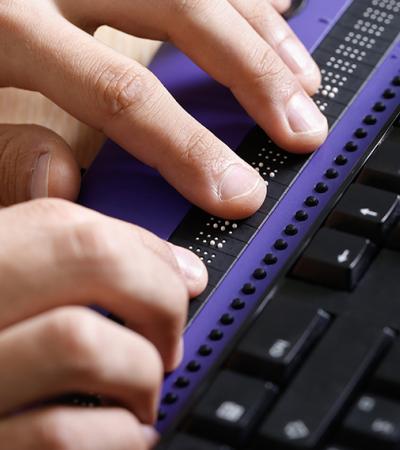Children
Tweens (10-12)
Teens
Young Adult
Adults
Intergenerational
Reimagining Stories in ASL: Wisconsin’s Second Deaf Storyslam
Deaf Storyslam is a free community event, created in 2019, in which Deaf individuals of varying backgrounds share personal stories and experiences with the broader community. The 2nd Annual Deaf StorySlam happened in September 2020 with new tellers and stories but with a virtual twist.
The 2020 Deaf Storyslam included storytelling coaching for Deaf community members and three free virtual public ASL storytelling workshops leading up to the Storyslam.
Milwaukee Public Library's Deaf Storyslam won ALA's first Libraries Transform Communities Engagement Grant in 2020.
Advanced Planning
Planning for the Deaf Storyslam has been continuous for 2.5 years. Planning first began with relationship building between the library, Milwaukee nonprofit Ex Fabula, and Deaf community members.
In addition to the Storyslam event, we planned virtual ASL storytelling workshops specifically for Deaf and Hard of Hearing individuals, with a focus on Deaf individuals of color. These workshops were led by Deaf storytelling coaches and were conducted entirely in American Sign Language.
The first storytelling workshop provided an introduction to storytelling as an art form and asked attendees to practice some initial storytelling exercises. The second and third workshops guided attendees through identifying a true personal story to tell at the Deaf Storyslam and workshopping the story. The storytelling workshops were designed for smaller groups of 10 to 15 individuals.
The slam’s switch to a virtual platform was a challenge. As a team, we made decisions such as disabling the chat feature so the screen would be less visually cluttered and distracting, engaging an extra interpreter to help capture ASL communication that may be missed with all the Zoom windows, and forgoing breakout rooms after the storytelling feature.
Marketing
Promotion for the Reimagining Stories in ASL project began in late June 2020, once we confirmed the dates for a three-part storytelling workshop. The marketing plan for the workshops included: fliers that were distributed electronically and some printed (minimally, due to citywide safer-at-home orders); promotional videos created for our Deaf storytelling coaches shared via social media; and word of mouth.
For the Storyslam, we increased marketing efforts and relied on cross-promotion by partners, including the University of Wisconsin- Milwaukee, city of Milwaukee and Neighborhood News Service.
Budgeting
This program was funded by a $2,500 Libraries Transform Communities Engagement Grant from ALA.
Day-of-event Activity
For the Storyslam event, due to the need to hold the event virtually, most set-up and day-of tasks were related to managing Zoom. We needed three behind-the-scenes staff people in addition to our two event emcees.
Behind the scenes staff roles were as follows:
- Role 1 / Zoom Host: started meeting, managed recording, coordinated Spotlight feature, pinned interpreter, managed sharing links in the chat, ended meeting
- Role 2 / IT Support: led troubleshooting for day-of tech issues, responded to audience IT questions, distributed event survey
- Role 3 / Storyteller Support: prepped and queued storytellers
Program Execution
The 2nd Annual Deaf Storyslam was a highlight of our library programming in 2020. The event featured four new Deaf storytellers of varying ages and backgrounds.
We saw an increase in attendance and interest from the community to be involved in the project. We built from 2019 by training a new Deaf storytelling coach and partnered more closely with the local university.
Based on our survey results we achieved our goals of building bridges between the Deaf and hearing communities and increasing cross-cultural understanding by creating opportunities for the Deaf community to publicly share their stories.
Advice
Research and learn the best practices for online events featuring Deaf presenters and Deaf audience members.
The Libraries Transform Communities Engagement Grant was made possible by former ALA president and longtime generous supporter Nancy Kranich, with additional contributions raised by solicitations and a matching opportunity in 2017. Learn more at ala.org/LTCEG.

